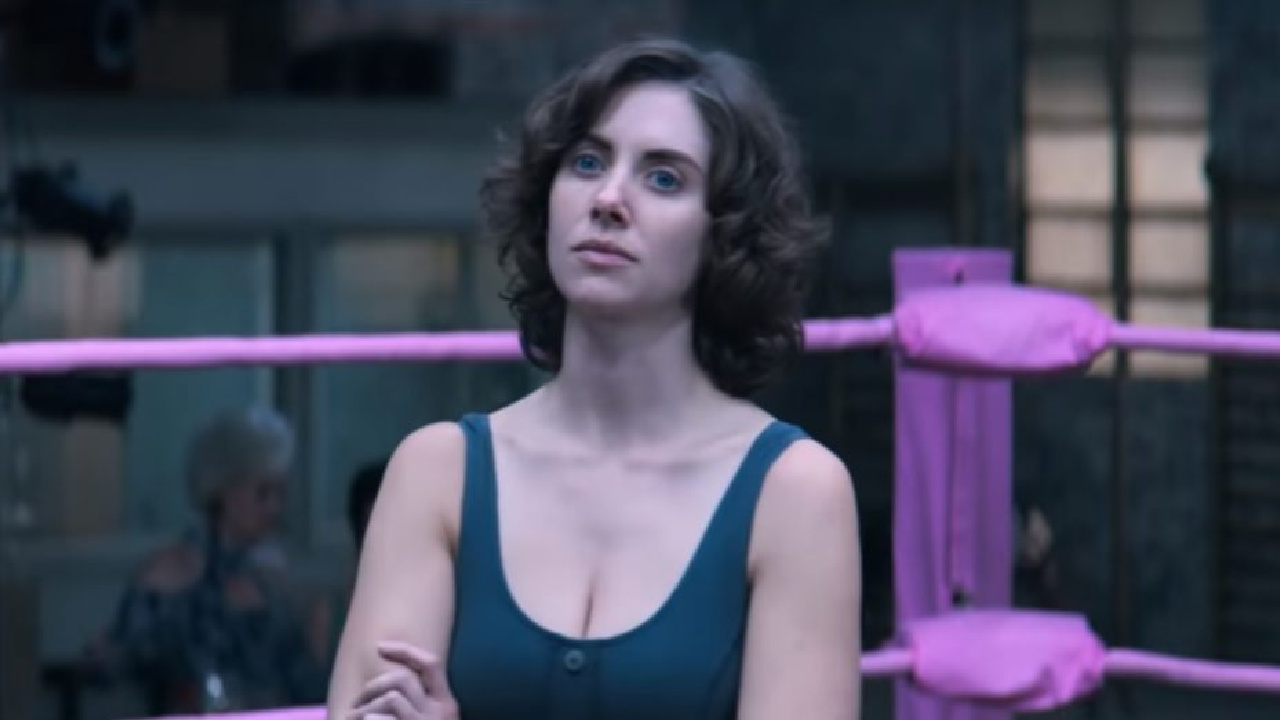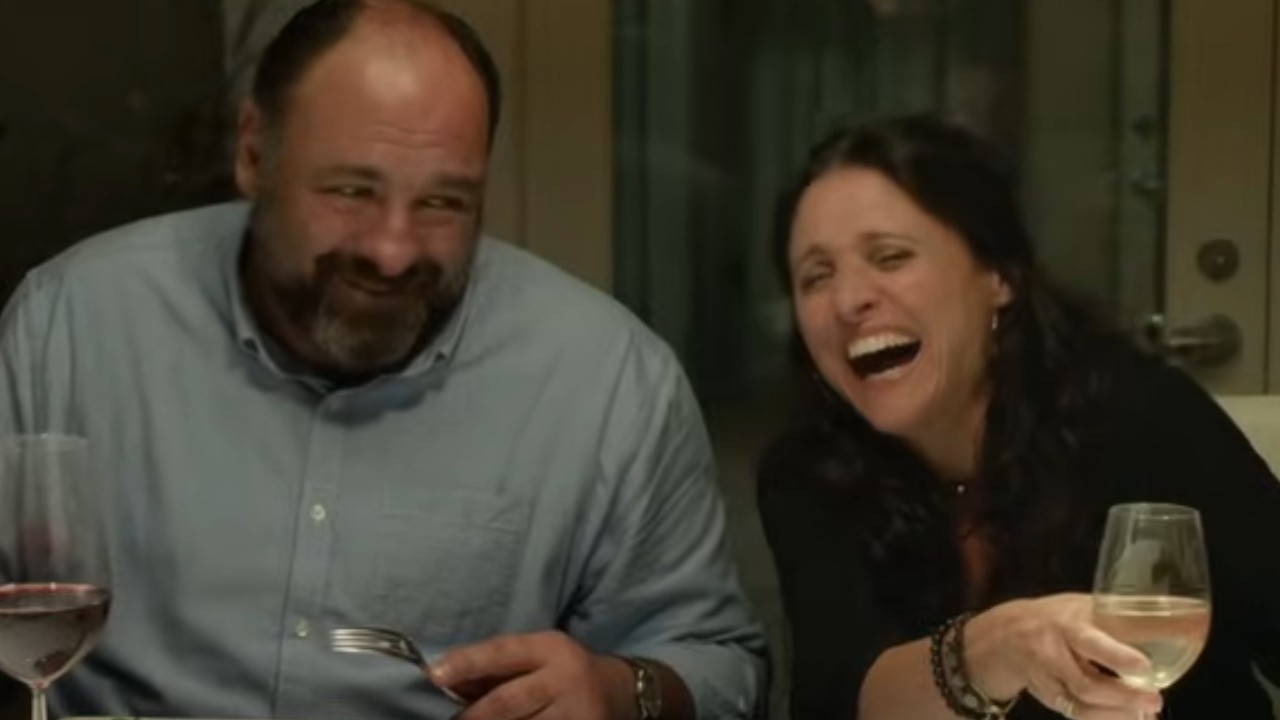Netflix And Traditional TV Brands Aren’t Making Pilots Anymore. How That's Drying Up Work For New Actors: 'It's So F---ing Hard Out There'
"Brutal."

Your Daily Blend of Entertainment News
You are now subscribed
Your newsletter sign-up was successful
It started with Netflix. When the streaming service began pushing out original TV series more than a decade ago, the pilot process was interrupted. At the time, network television was still following the traditional format: Make a pilot, see if it’s a fit, and then move forward to series if audiences react positively. It was expensive to create these, and Netflix, ever the disruptor, made a change. Now, years later, many brands aren’t making pilots anymore. This has been a big problem for new actors in the industry.
While you’d think between the many streaming services and traditional network and cable TV there would be a glut of work out there, as it turns out that’s not necessarily true about the upcoming TV schedule. A bombshell report over at Deadline notes the general gist the outlet is hearing consistently about the availability of work out there. To be honest, it sounds pretty bleak.
It’s so fucking hard out there. There is so little work. It’s a brutal time in the business. There are no jobs.
In short, there’s less work to go around.
What Happened To Pilot TV Season?
To give you perspective on this issue, if your pitch is getting picked up by Netflix, what will happen is the streamer will typically sign on for an entire season of your show instead of a pilot. Then, the streamer will make the whole thing available for binge-watching and will allow that series to live or die by its own merits. This is why so many shows at Netflix are canceled after one season.
Perhaps the show didn’t really work, or only had a niche fanbase, but instead of testing a pilot, the fans get a chance to check it out and really see if it’s a good fit. The pros of this are fans get a chance to see more series on their TV screens. The cons of this are that quality control is lesser and a ton of Netflix shows get canceled way too soon, or at least it feels that way.
While this Netflix format definitely has pros and cons, it’s one that has started to be adapted elsewhere in the industry. The Deadline report notes that 10 years ago, around 100 pilots would be in the works right now to be whittled down into greenlighted series come May sweeps. In comparison, the outlet only knows of three actual pilots being created in 2024, right now, and all three of those are set up at NBC.
So, even if there are more shows getting greenlighted straight to series now, it’s not making up for that massive amount of supplementary content that used to be a good way for actors to get work on their resumes and start out their careers in Hollywood.
Your Daily Blend of Entertainment News
Other Problems Leading To Fewer Acting Gigs
It’s not just pilots weighing into the problem. The outlet cites the strikes as also being an issue for helping young talent to garner work, as union rates went up and productions shut down. Also, notably, a ton of TV shows have been canceled recently, including some stuff that had already earned renewals like Glow, much of that due to the strikes.
I’d also assume compounding this problem is the fact streaming has caused the lines between TV and movies to blur considerably. The thought of Reese Witherspoon headlining a TV series 20 years ago would have been unthinkable: she was a movie star. Now, she’s appeared in myriad TV projects from Big Little Lies to The Morning Show and others in between. Today, even the likes of Mark Ruffalo, John Cena, Nicole Kidman, Matthew McConaughey, and many, many more have done shows for TV.
Way fewer episodes of television programs are also being produced per season in many cases, and that has to have a major impact on salaries, even for people who actually manage to land a longterm TV gig, as well.
While the big news over the last couple of weeks was Stephen Amell landing his big Green Arrow follow-up with Suits: LA, due to all of these factors, TV work is getting a bit scarce, potentially even for industry vets. With margins also drying up in terms of revenue television programming is bringing in thanks to the streaming model (look no further than Bob Iger admitting Disney+ isn't profitable) and fewer people watching linear TV, I can’t see a future where this gets any less “brutal,” to paraphrase the comment made earlier. At least not until something major changes. We'll see.

Jessica Rawden is Managing Editor at CinemaBlend. She’s been kicking out news stories since 2007 and joined the full-time staff in 2014. She oversees news content, hiring and training for the site, and her areas of expertise include theme parks, rom-coms, Hallmark (particularly Christmas movie season), reality TV, celebrity interviews and primetime. She loves a good animated movie. Jessica has a Masters in Library Science degree from Indiana University, and used to be found behind a reference desk most definitely not shushing people. She now uses those skills in researching and tracking down information in very different ways.
